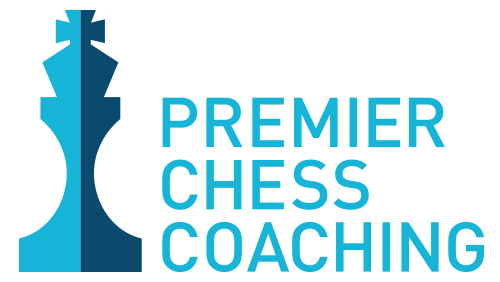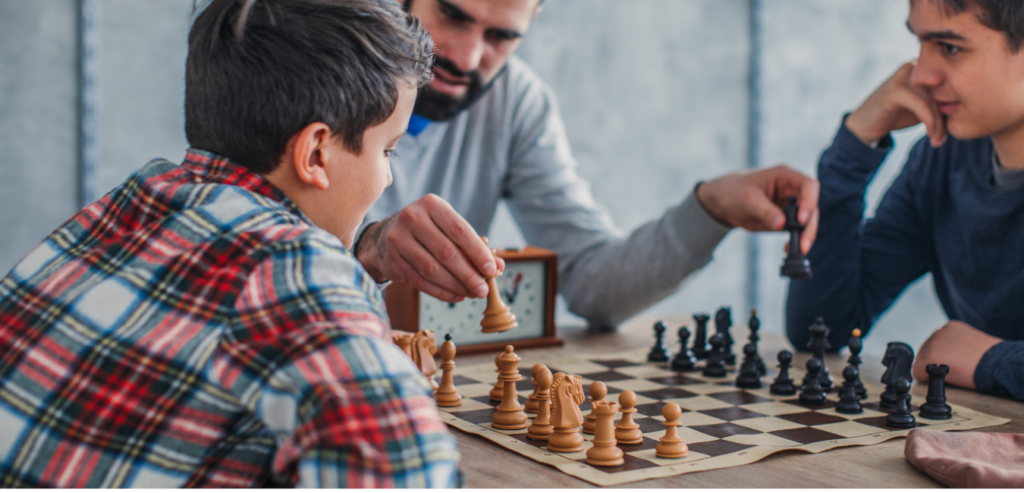Chess is a complex and intellectually demanding and satisfying sport. It requires strategic thinking, pattern recognition, unwavering focus, and a good attitude. Practice makes perfect is a great mantra for chess, but it’s a bit incomplete. It’s not just any old practice we’re interested in. Your practice needs to be well thought out. The guidance of a skilled chess coach is the best catalyst for success. Let’s explore the qualities that make a great chess coach, drawing inspiration from renowned coaches and their contributions to the game.
Deep Knowledge from Experience
A great chess coach possesses a profound understanding of the game’s intricacies, strategies, and tactics. They have honed their own skills through years of playing and analyzing games. Maybe the best example is Garry Kasparov, widely considered one of the greatest chess players of all time. After retiring from competitive play, Kasparov transitioned to coaching, leveraging his immense knowledge to mentor young talents. His experience at the highest level allows him to offer valuable insights and guide his students effectively. And it’s not just true for Kasparov. The best chess coaches have time and time again been skilled players.
Excellent Communication Skills
A great chess coach isn’t just a great player. Just like any type of teacher, communication is the be-all-end-all. It takes a special type of person to be able to take something their good at, understand why, and be able to share that clearly with others. Susan Polgar, the first female grandmaster is a great example of a strong communicator. Through her books, lectures, and online tutorials, she has inspired and guided countless chess enthusiasts worldwide, breaking down complex concepts into digestible pieces for learners of all levels.
Great Chess Coaches Understand the Individual
Every chess player has unique strengths, weaknesses, and learning styles. A great chess coach is someone who recognizes this and tailors their approach to meet the specific needs of each student. Vladimir Chuchelov, a respected chess coach is known for his ability to adapt his teaching methods to suit different players. Cookie cutter lesson plans do not pair well with chess coaching.
Mentorship and Emotional Support
If there’s one thing we know about chess, it’s that it can be emotional. Plateaus in chess training are frustrating, tournament play is adrenaline pumping, and breakthroughs are relieving. It’s part of the reason chess players are such great problem solvers and emotional regulators. A great coach provides more than just technical guidance; they offer mentorship and support. Fostering a positive and nurturing environment helps our players power through tough times, and keep focusing on the fun of the game. Michael Khodarkovsky, founder of the Kasparov Chess Foundation, has dedicated his career to promoting chess education and creating a supportive community. His focus on the holistic development of players has led to the success of his students both on and off the chessboard.
A great chess coach possesses a combination of deep knowledge, effective communication, adaptability, and mentorship skills. It’s through learning from these great coaches that we’ve honed our own style of teaching. If you would like to experience some of the best chess coaching in London, get in touch with us. Private lessons, group lessons, or even school clubs – we do it all.


